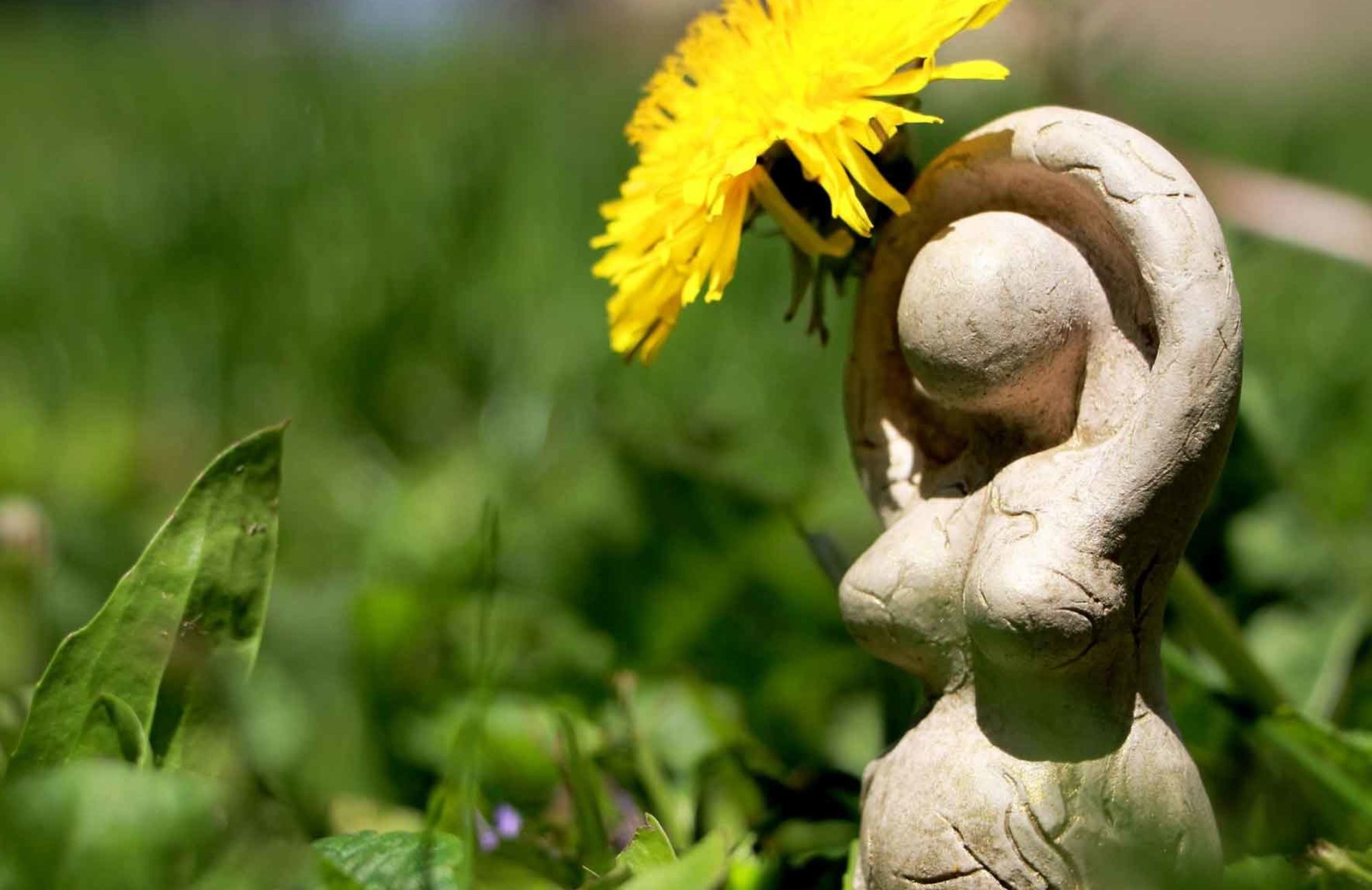Scholar Salon 74
Announcing Scholar Salon 74: Register for July 25
“Of Golf Courses and World Heritage Sites“
with Dr. Barbara Mann
Thursday, July 25, 2024 at 12 NOON Eastern Time
REGISTER HERE

In 2023, UNESCO announced that the “Newark Earthworks,” a major collection of Tsalagi (“Cherokee”) sacred mounds dating back at least 2,000 years, sitting southeast of Columbus, Ohio, is now a World Heritage Site. This was a stunning development, given that the Moundbuilders Golf Club has sat atop these mounds since 1911.
The Native American Alliance of Ohio had fought for over forty years to protect the mounds, as golfers chunked up and sent pieces of them flying with every swing of their clubs. The mounds were built by women, bringing basket loads of soil from their home sites and mounding it up to solar and earth coordinates, so as to enable the Breathmen to read the equinoxes, solstices, and standstills of the moon.
The Mounds’ establishment as a World Heritage Site finally helped Ohio Indians kick the golfers off the mounds. The full significance of this new status becomes clear only once the Indigenous significance of the mounds, their shapes, locales in relations to one another and the landscape, and their mediation of Breath/sky and Blood/earth is understood.

“Of Golf Courses & World Heritage Sites” goes into the details of the mounds, their Indigenous meaning, their desecration, and finally (finally!) their recognition as a treasure from antiquity.
Barbara Alice Mann, Ph.D., is Professor Emerita of Humanities, Jesup Scott Honors College, of the University of Toledo, in Toledo, Ohio, USA. Including encyclopedias and bibliographies, she has produced seventeen books and over 500 articles. Her latest work is The Woman Who Married the Bear (Oxford University Press, August, 2023) co-authored with Finnish scholar Dr. Kaarina Kailo. Mann’s most recent monographs include President by Massacre: Indian-Killing for Political Gain; Spirits of Blood, Spirits of Breath: The Twinned Cosmos of Indigenous America; The Tainted Gift: The Disease Method of Settler Advance; Daughters of Mother Earth; and Iroquoian Women: The Gantowisas (Lang, 2000, 2004, 2006).

A Bear Clan, Ohio Seneca, community recognition, Barbara is the co-director of the Native American Alliance of Ohio. She lives in her Ohio homeland on the tail (western tip) of Lake Erie where she works for the rights of the people indigenous to Ohio, living in Ohio. (“Erie” is Seneca for “panther.” The Lake is a “water panther,” an important spiritual potency.)
~~~~~~~~~~~~~~~~~~~~~~~~~~~~
Watch our Newsletter for announcements about upcoming Salons in our Autumn Series.

This Salon recording will also be available to members when processed after the event.
Scholar Salon 72
Announcing Scholar Salon 73: Register for July 11
“Harriet Tubman and the Combahee Raid“
with Dr. Edda Fields-Black
Thursday, July 11, 2024 at 3pm Eastern Time
REGISTER HERE

Harriet Tubman’s legendary life is widely known: escaping enslavement, leading others to freedom via the Underground Railroad, and tirelessly fighting for change. But a crucial chapter often overlooked is her daring Civil War service as a spy for the US Army, detailed in Dr. Edda L. Fields-Black’s groundbreaking book, COMBEE: Harriet Tubman, the Combahee River Raid, and Black Freedom during the Civil War.
A direct descendant of a soldier who fought in the raid, Dr. Edda Fields-Black unveils Tubman’s command of spies and pilots and intelligence gathered from freedom seekers, which led to a raid that liberated 756 enslaved people from bondage on seven rice plantations. It was the largest slave rebellion in US history. Through unexamined documents, she brings to life the Combahee River Raid and the untold stories of those freed, their resilience, and the lasting impact of Tubman’s heroism.

Dr. Edda L. Fields-Black teaches history at Carnegie Mellon University and has written extensively about the history of West African rice farmers, including in such works as Deep Roots: Rice Farmers in West Africa and the African Diaspora. She was a co-editor of Rice: Global Networks and New Histories, which was selected as a Choice Outstanding Academic Title. She has served as a consultant for the Smithsonian National Museum of African American History and Culture’s permanent exhibit, “Rice Fields in the Low Country of South Carolina.” She is the executive producer and librettist of “Unburied, Unmourned, Unmarked: Requiem for Rice,” a widely performed original contemporary classical work by celebrated composer John Wineglass.

Edda Fields-Black is a descendent of Africans enslaved on rice plantations in Colleton County, South Carolina; her great-great-great grandfather fought in the Combahee River Raid in June 1863. Her determination to illuminate the riches of the Gullah dialect, and to reclaim Gullah Geechee history and culture, has taken her to the rice fields of South Carolina and Georgia to those of Sierra Leone and Republic of Guinea in West Africa.
~~~~~~~~~~~~~~~~~~~~~~~~~~~~
Watch our Newsletter for announcements about additional Salons in our summer series.

This Salon recording will also be available to members when processed after the event.


You must be logged in to post a comment.